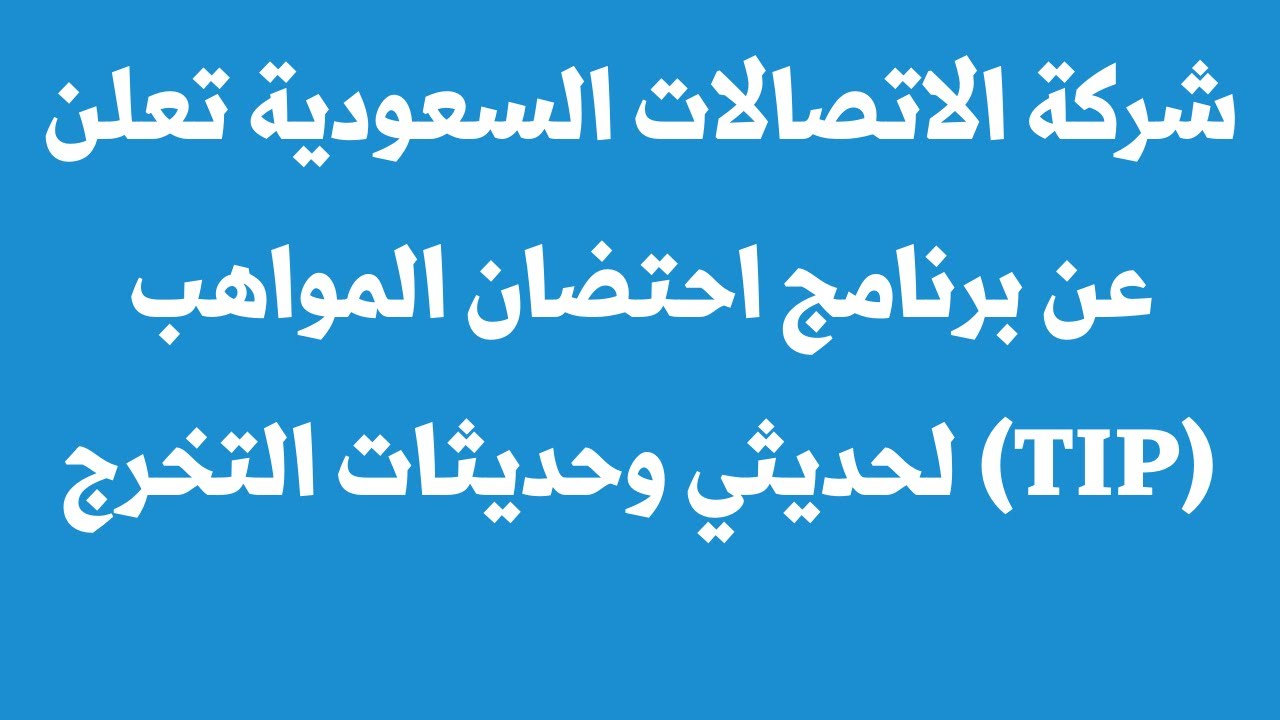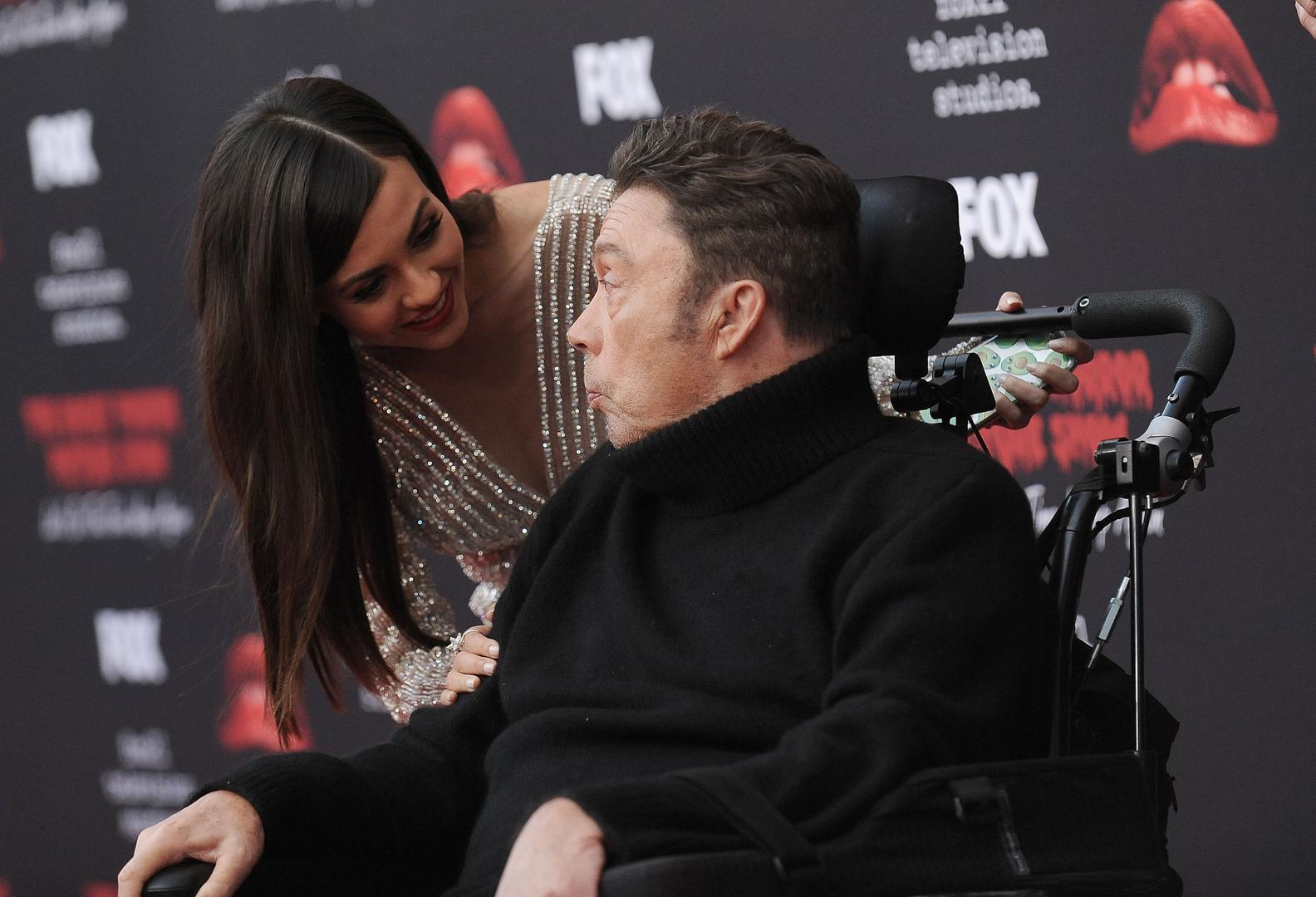Beyond The Kicks: The Philosophical Depth Of The Karate Kid

Table of Contents
Mr. Miyagi: A Master of Zen and Practical Wisdom
Mr. Miyagi, the enigmatic karate master, is far more than just a martial arts instructor; he's a conduit for profound wisdom rooted in Zen Buddhism. His teaching methods, often disguised as seemingly mundane chores – the famous "wax on, wax off" – are cleverly designed mindfulness exercises. These seemingly simple tasks cultivate patience, focus, and self-discipline, core tenets of Zen practice.
- Mindfulness in Motion: Miyagi's approach transcends the physical; it's about cultivating presence and awareness in every action, a fundamental principle of mindfulness. The repetitive nature of his training fosters a meditative state, allowing Daniel to develop both physical skill and mental clarity.
- Patience as a Virtue: Mr. Miyagi embodies patience not merely as a virtue but as a powerful tool for self-mastery. He understands that true strength comes from inner peace and self-control, a concept deeply embedded in Zen philosophy. He doesn't rush Daniel's progress, instead guiding him with gentle persistence.
- Moral Compass: Beyond karate techniques, Miyagi imparts valuable life lessons. He teaches Daniel about respect, integrity, and compassion, illustrating that true strength extends far beyond physical prowess. His moral guidance shapes Daniel's character as much as his karate training.
- Symbolism of Quiet Strength: Miyagi's quiet strength and ability to de-escalate conflict are powerful demonstrations of wisdom and self-mastery. His approach showcases the effectiveness of peaceful conflict resolution over aggression.
Daniel LaRusso's Journey of Self-Discovery and Moral Development
Daniel LaRusso's transformation throughout The Karate Kid is a compelling example of personal growth and moral development. He begins as a shy, insecure outsider, vulnerable to bullying. However, under Mr. Miyagi's guidance, he undergoes a significant character arc.
- From Victim to Victor: Daniel's journey from victim to victor is not just about learning karate; it’s about discovering his inner strength and resilience. He learns to stand up for himself, not through aggression, but through self-confidence and skill.
- Overcoming Adversity: The film showcases how Daniel confronts adversity, not by running away or resorting to violence, but by facing his challenges head-on with the tools and wisdom he learns from Miyagi. This emphasizes the importance of perseverance in the face of obstacles.
- Moral Choices: Daniel's moral development is subtly but effectively portrayed. He faces several ethical dilemmas, particularly concerning his interactions with Johnny and the Cobra Kai dojo. His choices reflect his growing understanding of morality and the importance of integrity.
- Resilience and Perseverance: Daniel's journey highlights the crucial role of resilience and perseverance in achieving personal growth. He endures setbacks, but his dedication to his training and his commitment to improving himself ultimately lead to his success.
The Film's Exploration of Morality and Conflict Resolution
The Karate Kid presents a compelling study of morality and conflict resolution. The film contrasts Miyagi's philosophy of peaceful self-defense and mindful action with the aggressive tactics of Kreese and the Cobra Kai dojo.
- Contrasting Philosophies: The film clearly illustrates the differences between Miyagi's approach, emphasizing self-control and peaceful solutions, and the aggressive, win-at-all-costs mentality of Cobra Kai. This contrast highlights the importance of choosing the right path, even when faced with pressure.
- Ethical Dilemmas: Daniel faces several ethical dilemmas throughout the film, forcing him to confront his own values and make difficult choices. These choices shape his moral compass and demonstrate the complexities of conflict resolution.
- Self-Defense vs. Aggression: The Karate Kid emphasizes the importance of self-defense without glorifying violence. Miyagi teaches Daniel to use his skills only when necessary, always prioritizing peaceful resolution whenever possible.
- Inner Peace as a Goal: The film ultimately suggests that true victory lies not just in winning a fight but in achieving inner peace and self-mastery. This is reflected in Miyagi's calm demeanor and his ability to handle conflict with grace and composure.
The Enduring Legacy and Continuing Relevance of The Karate Kid's Philosophy
The enduring legacy of The Karate Kid lies in its timeless wisdom and continued relevance. The film's themes of perseverance, self-discipline, and mindfulness remain powerful messages in today's fast-paced and often stressful world.
- Timeless Wisdom: The film's core principles—patience, respect, self-control, and the importance of hard work—are universally applicable, transcending cultural and generational boundaries.
- Modern Applications: The principles of mindfulness and self-discipline taught in the film can be applied to various aspects of modern life, from stress management to career success and personal relationships.
- Cultural Impact: The Karate Kid has had a significant and lasting impact on popular culture, inspiring numerous sequels, remakes, and spin-offs, demonstrating its enduring appeal.
- Inspiration for Self-Improvement: The film serves as a source of inspiration for self-improvement and personal growth, offering a roadmap for navigating challenges and achieving one's potential.
Conclusion
The Karate Kid transcends its genre, offering a profound exploration of philosophical themes masked within a compelling narrative. Through the mentorship of Mr. Miyagi and Daniel's personal journey, the film imparts timeless wisdom about self-discovery, morality, and the pursuit of inner peace. The lessons of patience, perseverance, and mindful action remain incredibly relevant in our modern lives. Go beyond the surface-level action and explore the rich philosophical depth of The Karate Kid for yourself. Discover the timeless wisdom embedded within this cinematic classic, and unlock your own potential for self-improvement and personal growth using the principles of The Karate Kid's inspiring philosophy.

Featured Posts
-
 European Markets Update Pmi Data Impacts Stock Performance At Midday
May 23, 2025
European Markets Update Pmi Data Impacts Stock Performance At Midday
May 23, 2025 -
 Metallica Dublin Aviva Stadium June 2026 Two Night Weekend Announced
May 23, 2025
Metallica Dublin Aviva Stadium June 2026 Two Night Weekend Announced
May 23, 2025 -
 Big Rig Rock Report 3 12 Big 100 Comprehensive Trucking Industry Overview
May 23, 2025
Big Rig Rock Report 3 12 Big 100 Comprehensive Trucking Industry Overview
May 23, 2025 -
 Exploring Rums Role In Kartel Activities A Stabroek News Perspective
May 23, 2025
Exploring Rums Role In Kartel Activities A Stabroek News Perspective
May 23, 2025 -
 Freddie Flintoffs Crash New Disney Documentary Details The Impact
May 23, 2025
Freddie Flintoffs Crash New Disney Documentary Details The Impact
May 23, 2025
Latest Posts
-
 Atlantida Celebration Sc Line Up Completo Datas E Ingressos
May 23, 2025
Atlantida Celebration Sc Line Up Completo Datas E Ingressos
May 23, 2025 -
 Qmrt Qtr Ahtdan Almwahb Alsynmayyt
May 23, 2025
Qmrt Qtr Ahtdan Almwahb Alsynmayyt
May 23, 2025 -
 Atlantida Celebration 2024 Nando Reis Armandinho Di Ferrero E Mais Garanta Seu Ingresso Em Santa Catarina
May 23, 2025
Atlantida Celebration 2024 Nando Reis Armandinho Di Ferrero E Mais Garanta Seu Ingresso Em Santa Catarina
May 23, 2025 -
 Fotografije Vanje I Sime Reakcije Fanova Gospodina Savrsenog
May 23, 2025
Fotografije Vanje I Sime Reakcije Fanova Gospodina Savrsenog
May 23, 2025 -
 Vanja I Sime Fotografije Koje Su Osvojile Fanove Gospodina Savrsenog
May 23, 2025
Vanja I Sime Fotografije Koje Su Osvojile Fanove Gospodina Savrsenog
May 23, 2025
